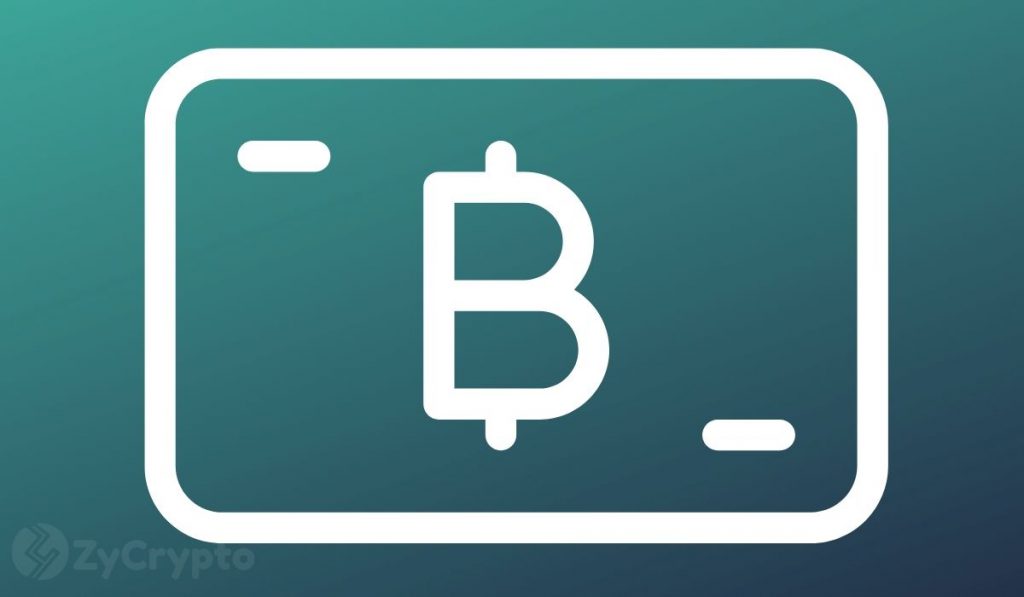Fitch Ratings, one of the “big three” credit rating agencies, has lowered El Salvador’s long-term issuer default rating (IDR). In a Wednesday report, Fitch pinned the nation’s debt repayment capacity at a mere CCC from the previous B-. The downgrade stems primarily from El Salvador’s big bitcoin bet.
El Salvador’s Use Of Bitcoin As Legal Tender Is Fraught With Risks
El Salvador had previously secured a credit rating of B-, meaning that it had a slight margin of safety despite having a significant material risk of default. According to Fitch, the Central American country has an over-reliance on short-term debts which is ruining its ability to repay all its debts in general.
El Salvador currently faces almost $1.2 billion in debt amortizations, with an $800 million Eurobond expected to mature in January next year. Fitch also noted that the country has a financing gap of $1.2 billion in 2022, which is likely to soar to as high as $2.5 billion in 2023.
Fitch Ratings is of the opinion that El Salvador’s high fiscal deficit coupled with increased IMF concerns following the embrace of the bellwether cryptocurrency aren’t helping either.
“In Fitch’s view, weakening of institutions and concentration of power in the presidency have increased policy unpredictability, and the adoption of bitcoin as legal tender has added uncertainty about the potential for an IMF program that would unlock financing for 2022-2023,” the firm’s analysts wrote.
 
 
Notably, Fitch cites the adoption of bitcoin as legal tender as one of the key factors behind the downgrade of the country’s long-term, foreign-currency issuer default rating to “CCC”.
The ratings agency is also not convinced about El Salvador’s ability to successfully issue bitcoin-backed bonds.
The Knives Are Out… But El Salvador DGAF
This is not the first time El Salvador is drawing the ire of skeptics. Major credit rating firms have cast El Salvador’s bitcoin experiment as a negative. For instance, fellow big three rating firm Moody’s Investors Service downgraded El Salvador from Caa1 to B3, shortly after crypto-loving President Nayib Bukele announced the country’s plans to make bitcoin legal tender.
Moody’s also warned earlier this year that El Salvador’s bitcoin buying spree is adding more unwanted risk to the country’s already poor sovereign credit outlook.
Nonetheless, President Bukele has retorted that his country doesn’t care about the sentiments of rating firms. He has continued to add to El Salvador’s bitcoin stash.
Moreover, it was revealed last month that the Salvadoran government would be sending 20 bills to Congress to get started with the process of issuing the $1 billion in bitcoin bonds. El Salvador hopes that the issuance will assist in building the utopian “Bitcoin City”.


